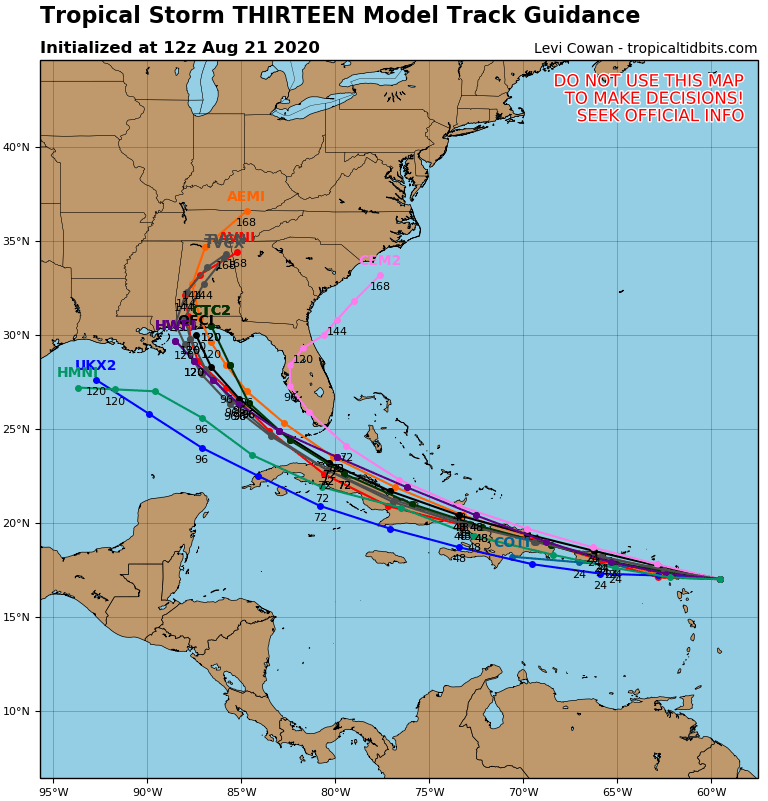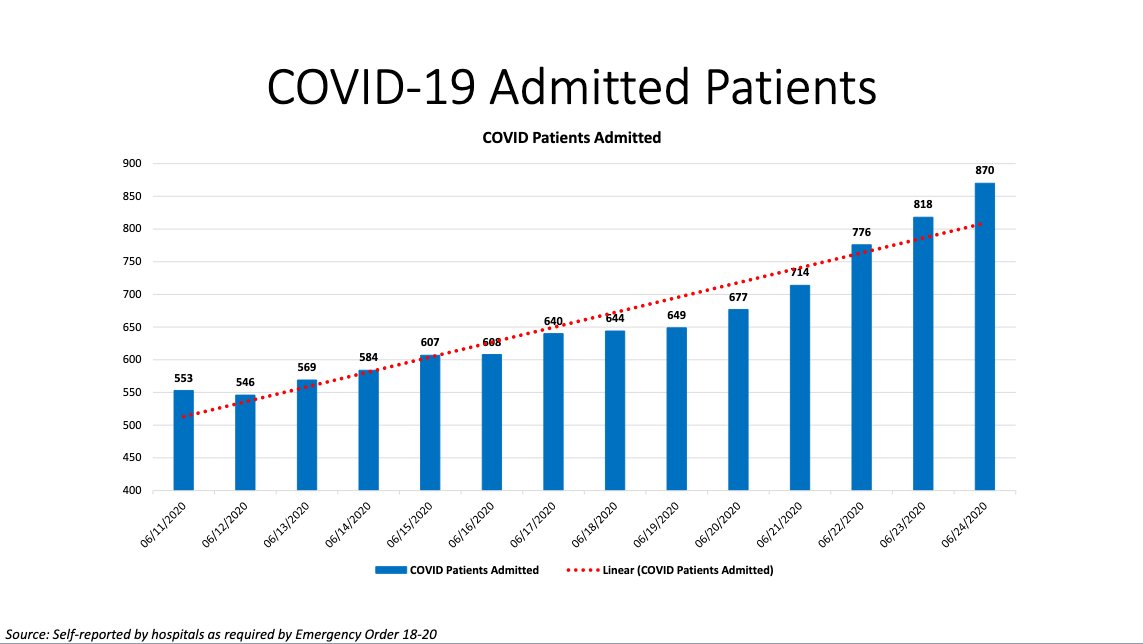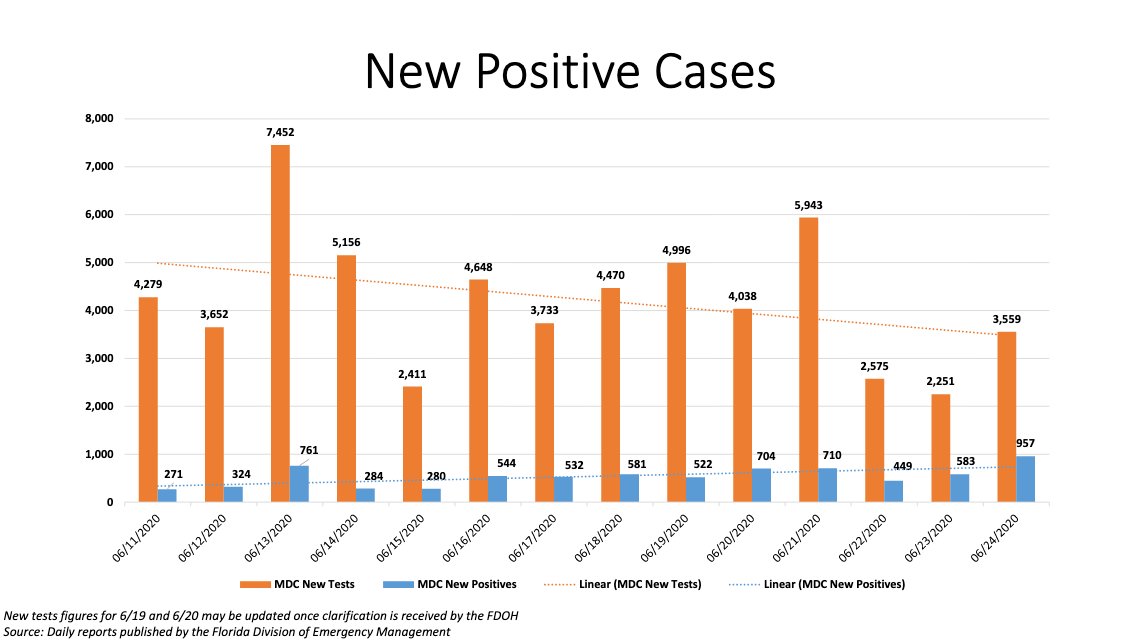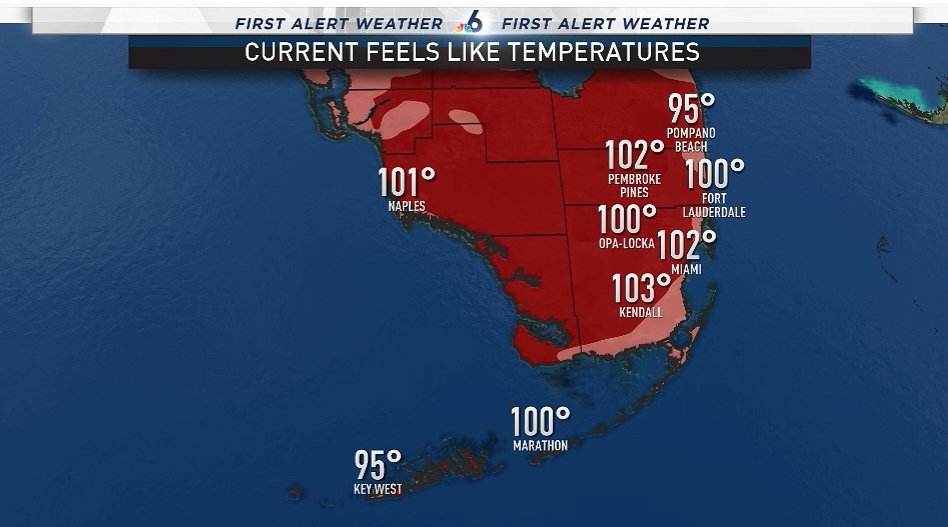
Volume increasing (at least on local news) from frustrated residents of South Florida’s flooded neighborhoods. I can refer you to my timeline for previous posts on this matter, but let me summarize again:
(1) no system is designed to absorb 18 inches of rain in a day
#thread 1/
(1) no system is designed to absorb 18 inches of rain in a day
#thread 1/
(2) Granted, some flood mitigation is possible. I said mitigation, not elimination. E.g. the C-4 Basin in Miami-Dade put in place after the 2000 No Name Storm. And pumps. These things cost big big bucks. Meaning higher taxes. So people against higher taxes can’t have it both ways
(3) This particular event had a 1% chance of occurring in any year. But we’ve had many 1-in-100 year events just over the course of the last 25 years. Statistics are static and don’t incorporate the changing dynamics being driven by #ClimateChange
3/
3/
(4) Recent research from U of Miami shows that heavy rain events during South Florida’s fall — including those outside of rainy season — are increasing. Authors cite warmer seas driven by #GlobalWarming
(5) Indeed, 3 feet of rain has fallen since the start of “dry season”
4/
(5) Indeed, 3 feet of rain has fallen since the start of “dry season”
4/
(6) The water table was already very high because of the excessive rains in recent weeks. Even without excessive rains, the water table is higher today because of sea level rise driven by the #ClimateCrisis. Sea levels are up a *half-foot* at Miami’s tidegauge just since 1995
5/
5/
(7) The chronic sewer pipe breaks in #FtLauderdale? Yes, old infrastructure. But also the bottom of these pipes aren’t sitting in dirt, they’re sitting in waterlogged mud due to the higher water table due to #SeaLevelRise.
6/
6/
(8) Everything predicted by scientists decades ago is coming to fruition. And I would argue, it’s not happening in slow-motion as pundits sometimes say. It’s happening quick, and people are noticing. Property values where sunny-day floods happen are under pressure, as per studies
(9) It’s hotter (duh). When it’s dry droughts happen faster. When it’s wet, it’s excessively wet with stronger downpours. Sea level rise isn’t just underway, it’s accelerating. A greater percentage of all tropical cyclones worldwide reaching catastrophic category 3-4-5.
8/
8/
(10) Bottom line, we (yes, we) love South Florida because of the beauty, the weather, the multiculturalism, and the cosmopolitan stature our cities have attained. I’m not advocating for us to run away from all this. But we need to be aware of these changes, and plan accodringly.
(11) Because people keep moving here, there will be tremendous pressure to continue to build and expand the sprawl. Officials face difficult choices to insure *any* new development makes sense, doesn’t contribute to the problem, and is resilient to increasing threats.
10/
10/
(12) For those of us already here, I’m not urging you to run away. But you must be aware that living here will continue to become more difficult in years and decades ahead. Our lifestyle *and* our pocketbook is affected. We live in a global epicenter of the #ClimateEmergency
fin
fin
• • •
Missing some Tweet in this thread? You can try to
force a refresh











